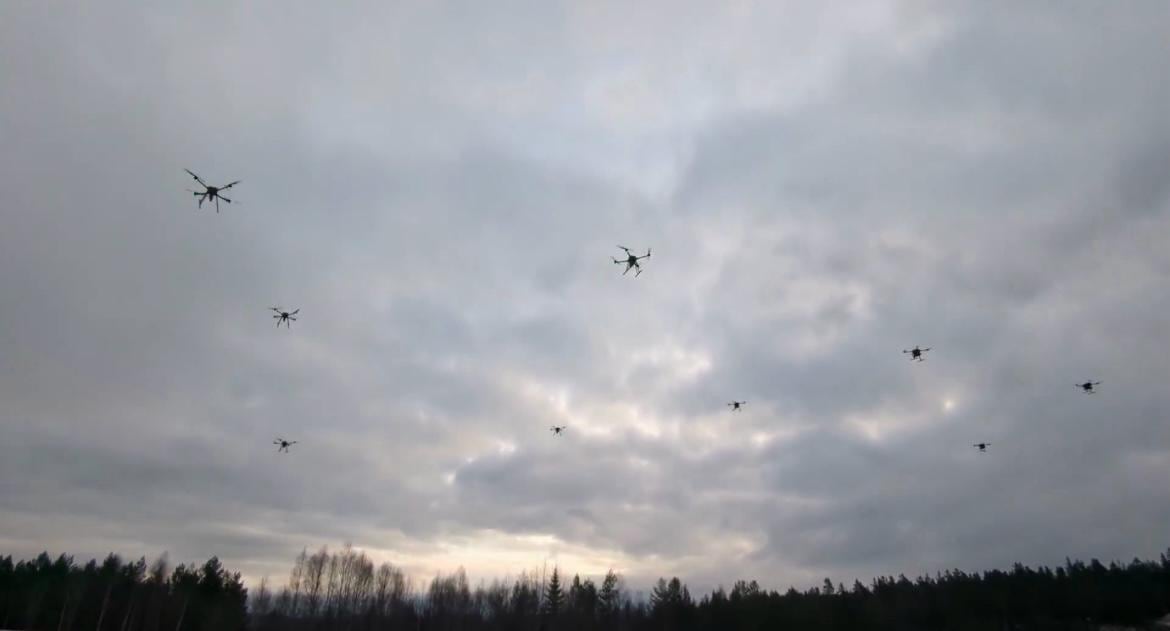The classic system for processing data and intelligence – tasking, processing, exploitation, and dissemination, or TPED – is done.
TPED has been edged out by a high-tech intelligence enterprise that derives data from millions of sensors at machine speed, in addition to the digital power of connecting intelligence tools and sources. In TPED's place, however, won't be a single system or approach, but rather a comprehensive ethos that employs collaboration and open architecture to outsmart an increasingly savvy adversary.
"TPED is dead," said David Cacner, deputy director, National System for Geospatial-Intelligence Program Management Office and director of NSG Expeditionary Activities at the National Geospatial-Intelligence Agency. "What's dead about it is 'let's wait to collect and process and send it to my buffer and then exploit it.' No longer are we limited to a couple forms and sources; we've got multiple sources and we can't afford to wait. We need applications and algorithms to work on data, provide recommendations to us and then act on it, dig into it deeper."
More and more of those applications and algorithms are coming from entities other than the cash-strapped government agencies seeking them, according to Cacner and other panelists speaking April 7 at the C4ISR & Networks Conference in Arlington, Virginia.
"We're adapting solutions," said Alan Mathis, deputy director of the Command & Control, Intelligence, Surveillance and Reconnaissance Division at Robins Air Force Base, Georgia. "We have worked with NGA, [the National Air and Space Intelligence Center], Special Operations Command, the Navy, the Army. We're working with labs to identify the best of what we can use and bring that into our program and take advantage others' investments."
Cacner's words echoed those of NGA Director Robert Cardillo, who only a few weeks earlier also outlined the demise of TPED. It's a necessary casualty as NGA and the intelligence community become more reliant on commercial technologies and unclassified sources and data.
"On this new level playing field between classified and unclassified, NGA's advantage – our value proposition – will be our exquisite expertise," Cardillo said March 17 at an industry event at which he announced a new program, GEOINT Pathfinder, aimed at answering "key intelligence questions with only unclassified data, commercial information technology, and micro-contracts."
Cardillo said that the focus on unclassified includes striking a balance with sophisticated classified sources in order to achieve deeper insight and understanding.
"This shift requires major changes in every aspect of our discipline," he said. "Let me reiterate, TPED is dead. TPED is a linear process in an asymmetrical world. If we continue to think linearly, we lose. We must think asymmetrically to understand and out-maneuver our adversaries."








